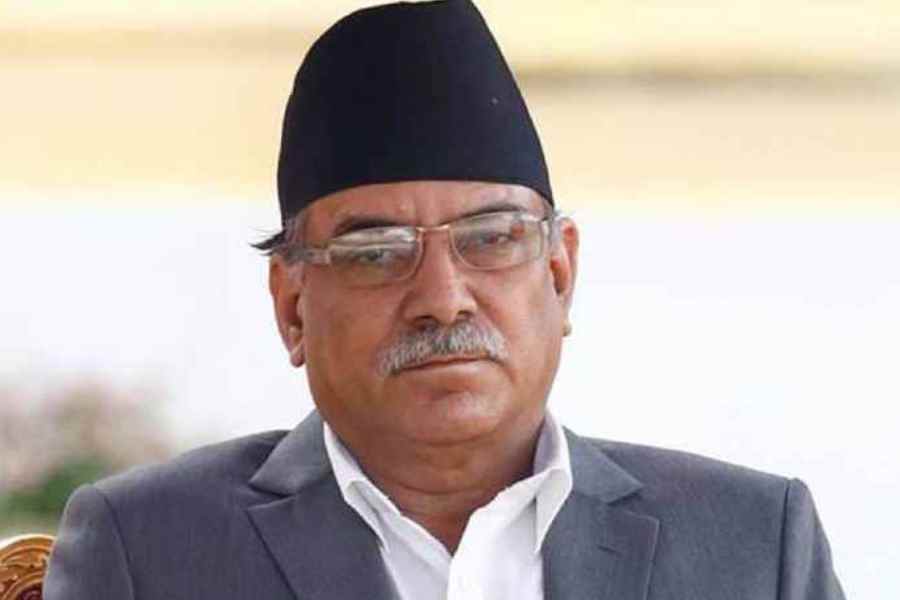Sixteen years after Nepal adopted secularism as a constitutional principle, India’s northern neighbour is witnessing growing calls for the restoration of Hinduism as the State religion. For more than two centuries, Nepal was a Hindu kingdom ruled by a monarchy that was abolished in 2008 after years of republican struggle. In recent days, many members of the Nepali Congress, the country’s oldest and largest party, have signed a petition seeking the declaration of Hindu statehood. The Rastriya Prajatantra Party, a monarchist party that is today Nepal’s fifth-largest political force, also submitted a petition to Prime Minister Pushpa Kamal Dahal demanding that the country once again return to being a Hindu kingdom. Meanwhile, the country’s two other major political parties, the Communist Party of Nepal (Unified Marxist-Leninist) and the Communist Party of Nepal (Maoist Centre), which the current prime minister leads, have remained silent on this mounting campaign to drop secularism from the Constitution ostensibly to concur with prevailing public sentiments. All of this serves as an important lesson for India, at a time when the world’s largest democracy is itself in a political flux and its neighbourhood is in churn.
India has long been surrounded by theocratic or quasi-religious nation states. Islam is the State religion of Pakistan, the Maldives and Bangladesh, even though the latter’s Constitution does enshrine secularism as a principle. Sri Lanka’s Constitution places Buddhism at a higher pedestal than all other religions and requires the State to protect and encourage its growth. Buddhism is also the State religion of Bhutan. Hearteningly, India has stood as a rock for stability, democracy and, at least constitutionally, the ideal of secularism. Nepal was the one South Asian nation that had moved in that direction too — a journey towards republicanism and secularism that New Delhi had backed. Now, the winds are blowing in the opposite direction in both India and Nepal. After the unveiling of the new Parliament last year, the Bharatiya Janata Party government gave members of Parliament a copy of the Constitution that, Opposition leaders said, did not have the words, ‘secular’ and ‘socialist’, in the Preamble; these had been added through a constitutional amendment in 1976. With Hindu ceremonies marking State events, there is rising concern about the blurring of the line between State and religion in India. But India must resist the pressures to drop its constitutional commitment to secularism. This is not about a word. It is about India’s identity as a modern nation state.










